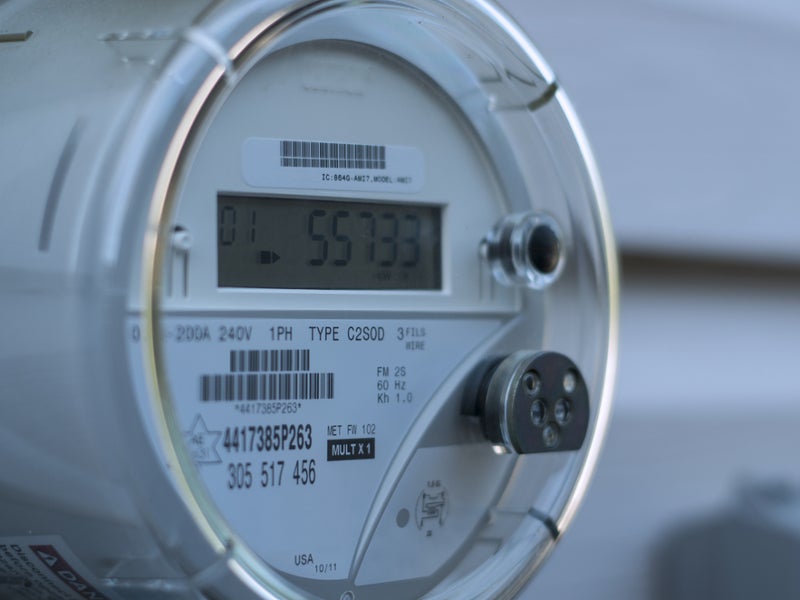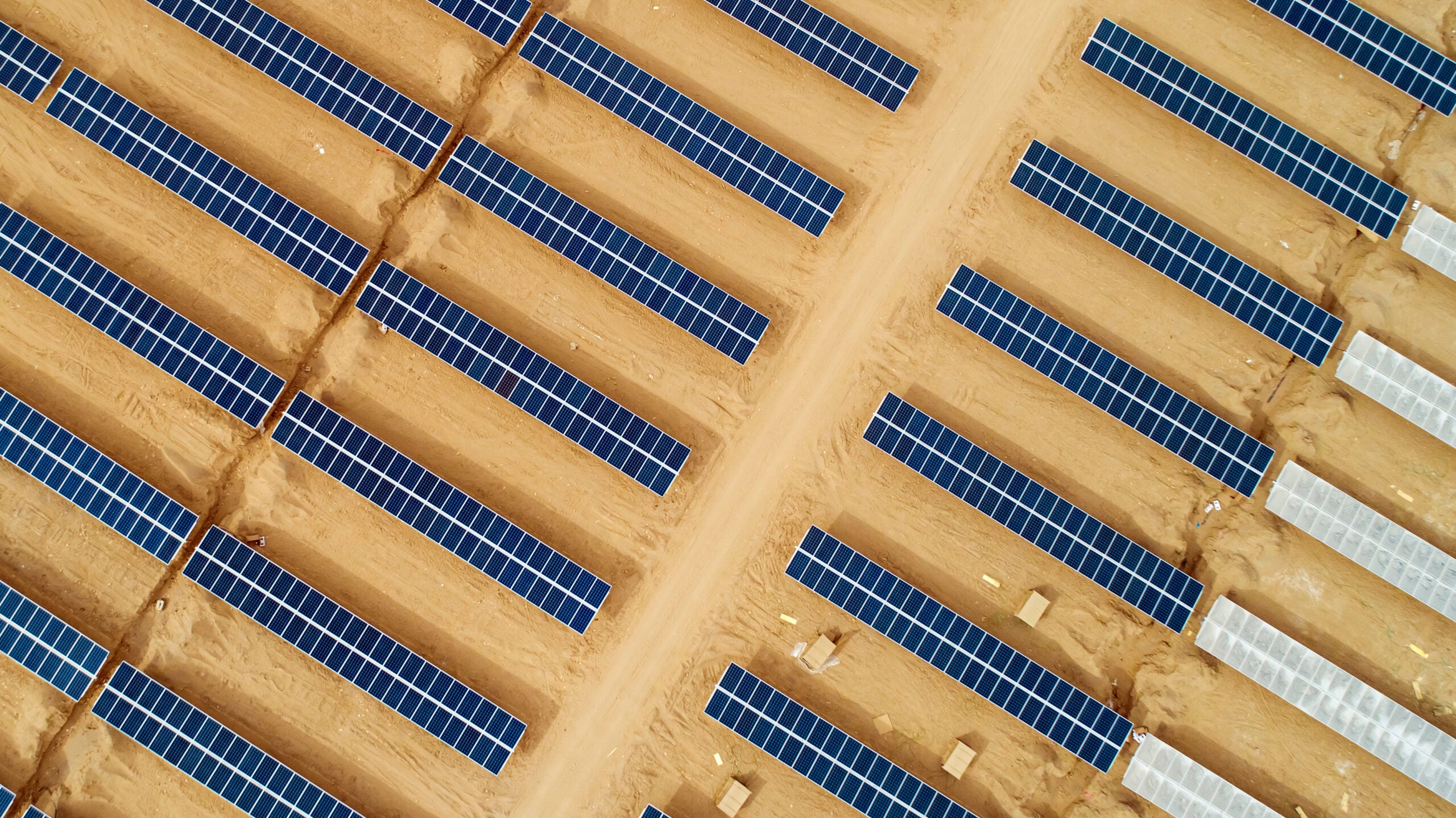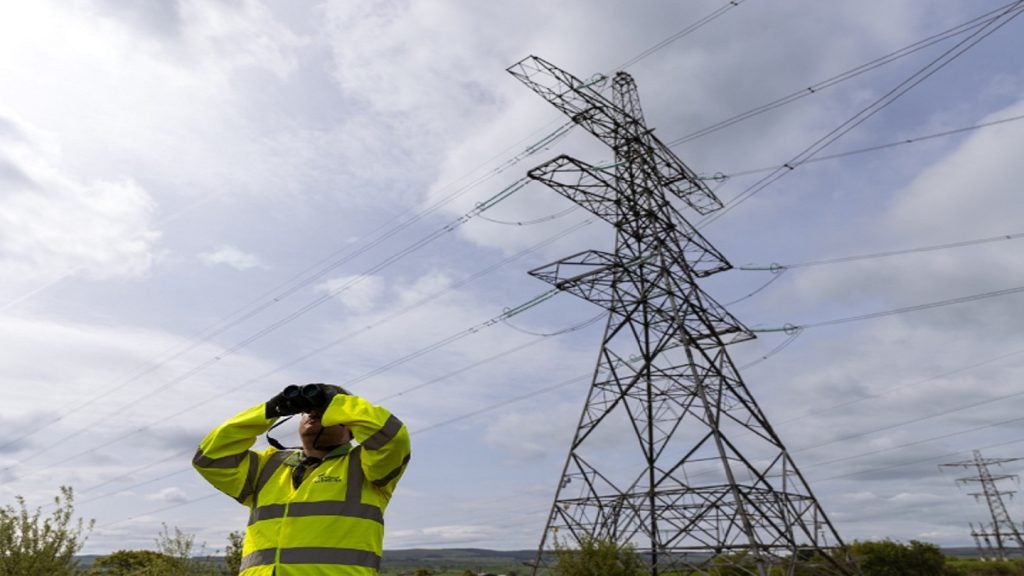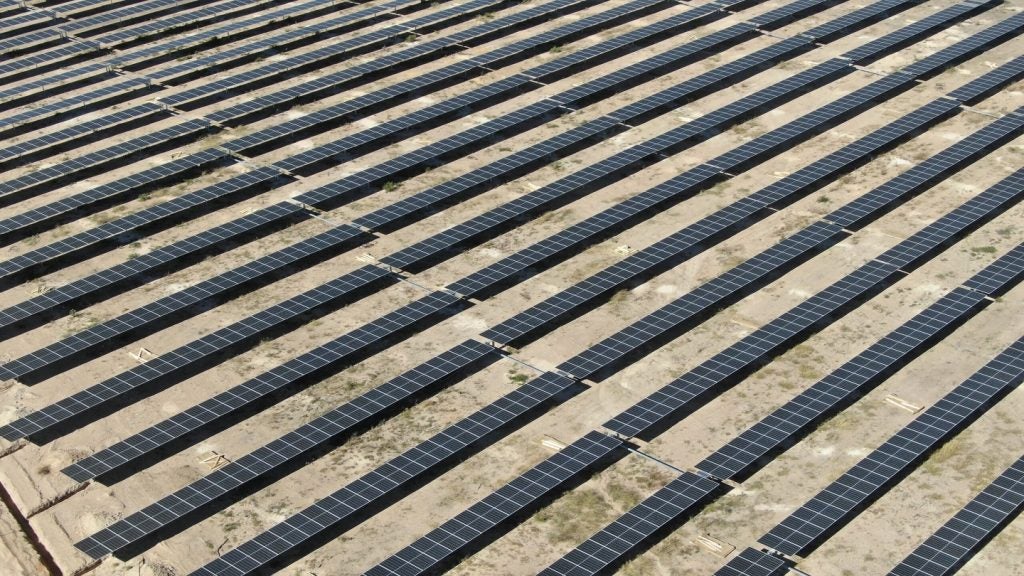Utilities have slowly moved from passively supplying electricity to consumers to innovating new business avenues. They are now offering a wide array of energy and other products and services to existing customers. They have already entered the home rooftop solar and storage market and the energy management systems market. The automated home is a new market that a few utilities have started to explore.
Listed below are the key utility sector trends that will impact the automated home and power industry over the next 12 to 24 months, as identified by GlobalData.
How well do you really know your competitors?
Access the most comprehensive Company Profiles on the market, powered by GlobalData. Save hours of research. Gain competitive edge.

Thank you!
Your download email will arrive shortly
Not ready to buy yet? Download a free sample
We are confident about the unique quality of our Company Profiles. However, we want you to make the most beneficial decision for your business, so we offer a free sample that you can download by submitting the below form
By GlobalDataUtility-linked smart thermostats
Utilities and electricity retailers have been trying to enter the automated home market. They aim to do it the way that telecom and cable companies have done. This is by leveraging their large existing customer base. Utilities and electric retailers have already tested the waters by supplying their customers with Energy Management Systems (EMS) and smart thermostats. These are connected to the utility and are integrated into the smart meters. This allows them to use the thermostats optimally and maximise energy savings.
Utilities’ advantage through data ownership
Utilities that convince consumers to install smart meters also gather process data from these meters. They can then use it to better match demand and supply. Through the ownership of this data, the utilities are at an advantage. This is because other contenders in the automated home market do not have access to this data. Players such as smart home device manufacturers and service providers should be keen to partner with utilities. By doing so they can reach their existing customer base and use the utilities’ historic smart meter data to better programme or calibrate their devices.
The sheer size of the smart home devices market implies that selling these devices to existing customers in partnership with device makers could create a viable revenue source for utilities. Besides, through such sales, the utilities also gain access to enhanced data from the consumers.
Demand response through utility control of thermostat and devices
Thermostat manufacturers such as Nest collaborate with utilities. They jointly provide an option for the utility to control customers’ thermostats. Retaining such control, however, comes only with the consent of the customer. Using this feature, either the utility or the device-maker, on the utility’s behalf, can change the thermostat settings in customers’ residences during times of peak demand. This way, the customer uses less electricity during peak demand. This brings a saving on power bills and also reduces the load on the utility. Nest has currently partnered with four utilities and rolled out these features.
The company plans to partner with more utilities to give them the ability to control the consumption of willing customers. Utilities typically pay an incentive to customers in return for allowing the utility to control their consumption. This compensation is usually monetary or in the form of credits that can later be used to pay electricity bills. The same mechanism can be used not only for thermostats but for other smart devices as well, as long as they are connected to the utility and the customer gives the relevant permission to control that device.
Override option
Most utilities, keeping in mind the customers’ comfort and confidence, provide an option to override the utility’s control over their thermostat and other connected devices,. This is in spite of the customer giving explicit consent to the utility to control their devices. Without this kind of an override option, a sense of insecurity may develop among the customers, eventually leading them to opt-out of the programme altogether.
Acquisitions
A few utilities have been investing in or acquiring start-ups and small to medium-sized companies that develop software and platforms meant to assist homeowners and residents in managing their energy consumption by automating the usage of compatible devices. Eneco, a Dutch utility, first collaborated with home automation and energy management platform provider, Quby, in 2012. Eventually, Eneco acquired 53% stake in Quby in 2013 and 100% stake in 2015.
This is an edited extract from the Automated Home and Utilities – Thematic Research report produced by GlobalData Thematic Research.












Related Company Profiles
EMS SA
North Africa For Real Estate Investment Company
Eneco UK Ltd
Quby B.V.
Energy Management Systems